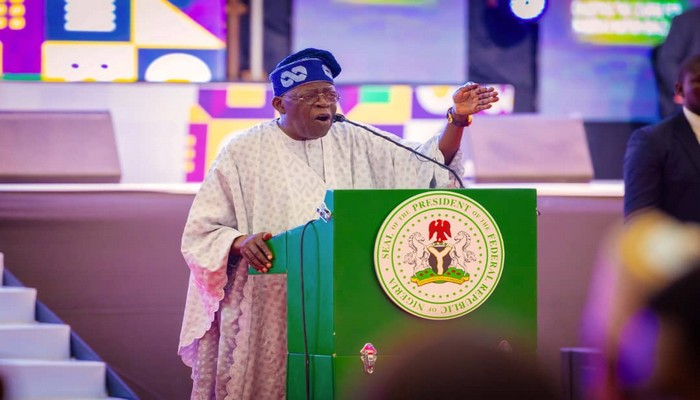
From David Akinmola, Abuja
In a historic legislative decision, the Nigerian Senate has approved the creation of 12 new states across the country, marking one of the most significant structural changes to the nation’s federal system since 1996.
The approval came during Tuesday’s plenary session following the adoption of a constitutional amendment bill seeking to expand Nigeria’s current 36-state structure. The Senate’s decision aims to address long-standing agitations for greater representation, equitable resource distribution, and administrative efficiency in underrepresented regions.
Senate President Godswill Akpabio described the move as a bold step toward national inclusiveness and unity, saying, “This decision is in response to the yearnings of millions of Nigerians who believe that governance must be brought closer to the people.”
Proposed New States:
Though the final list awaits confirmation from the House of Representatives and a national referendum, sources say the proposed new states include:
-
Etiti State (from parts of Imo, Abia, and Anambra)
-
Tiga State (from Kano)
-
Mambilla State (from Taraba)
-
Oil River State (from Rivers and Bayelsa)
-
Ijebu State (from Ogun)
-
Ogoja State (from Cross River)
-
Anioma State (from Delta)
-
Zuru State (from Kebbi)
-
Gurara State (from Niger)
-
Savannah State (from Borno)
-
Katagum State (from Bauchi)
-
Amana State (from Adamawa)
The proposed changes must still pass through the House of Representatives and receive support from at least two-thirds of Nigeria’s 36 state houses of assembly before becoming law, in accordance with constitutional provisions.
Implications for Nigerians
If the process succeeds, Nigeria will have 48 states, a change that could reshape political representation, resource allocation, and local governance. Proponents argue that smaller administrative units would improve service delivery and create opportunities for marginalized communities.
However, some civil society groups and analysts have raised concerns over the cost of expanding government and the potential for increased ethnic tensions.
What’s Next?
A public hearing and nationwide consultations are expected in the coming weeks. The presidency has not yet officially commented on the development, but observers believe it will require executive backing to move forward smoothly.
This latest move is reminiscent of the 1996 state creation exercise under the late General Sani Abacha, which brought the total to 36 states. The current effort, if successful, could be one of the most consequential changes in Nigeria’s federal structure in recent decades.








